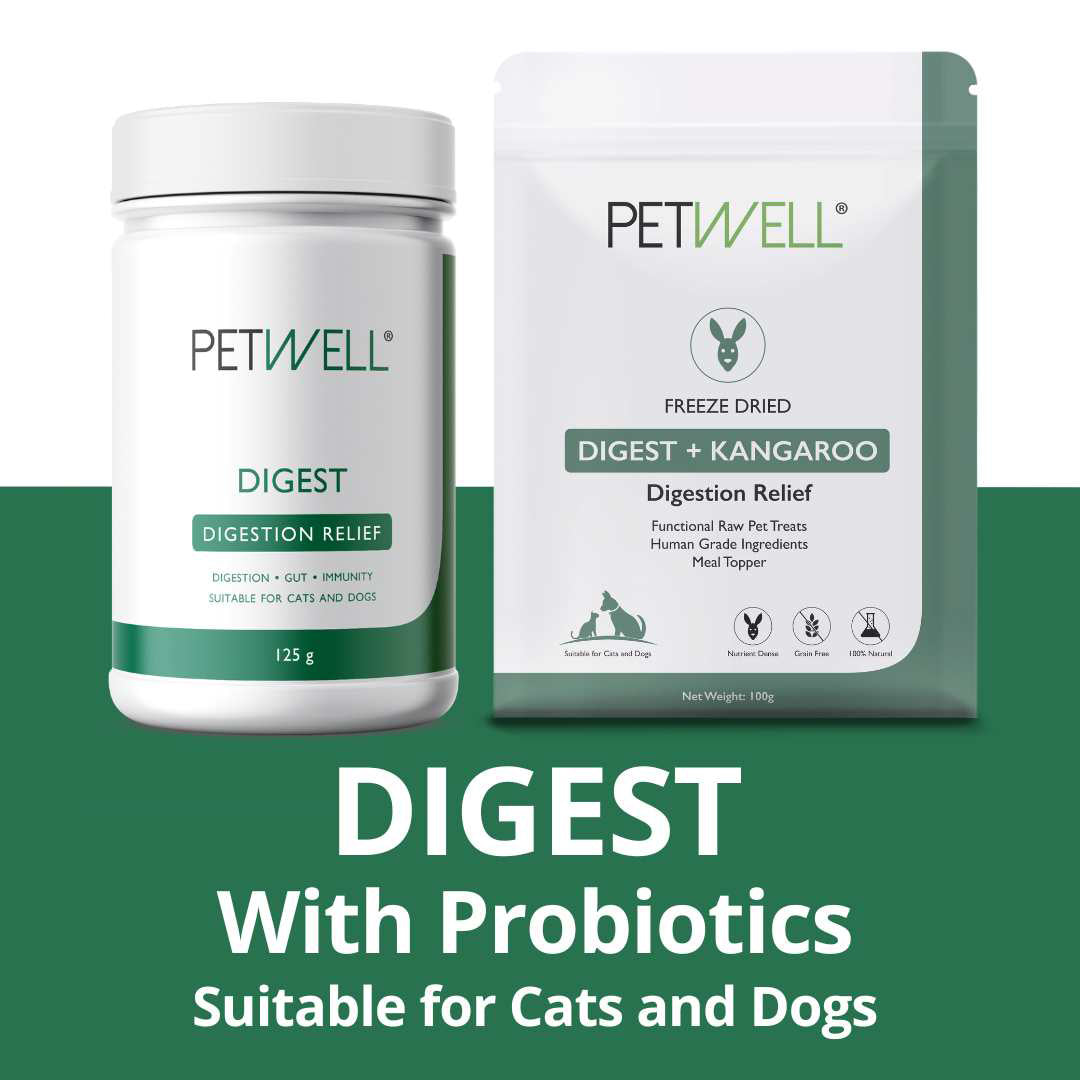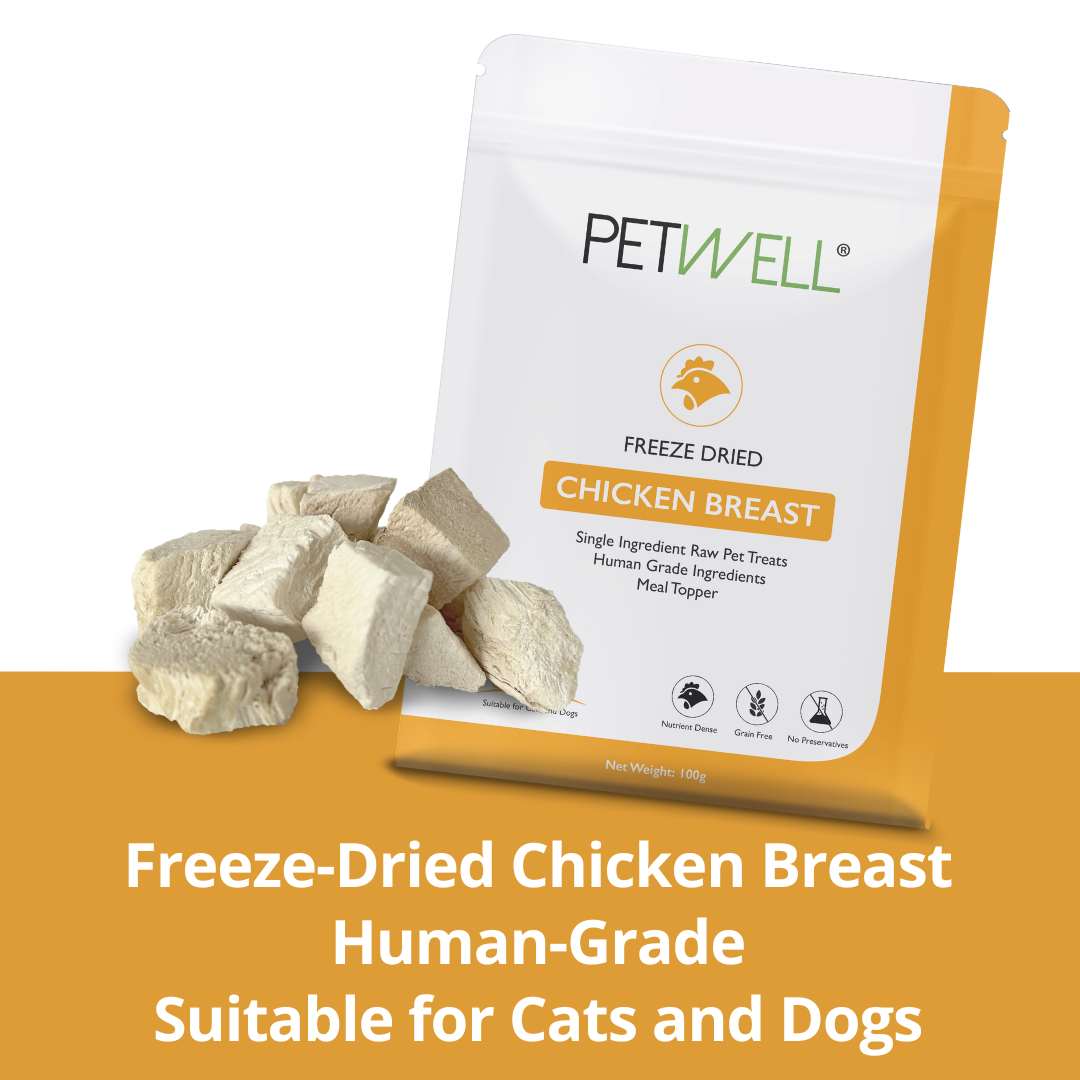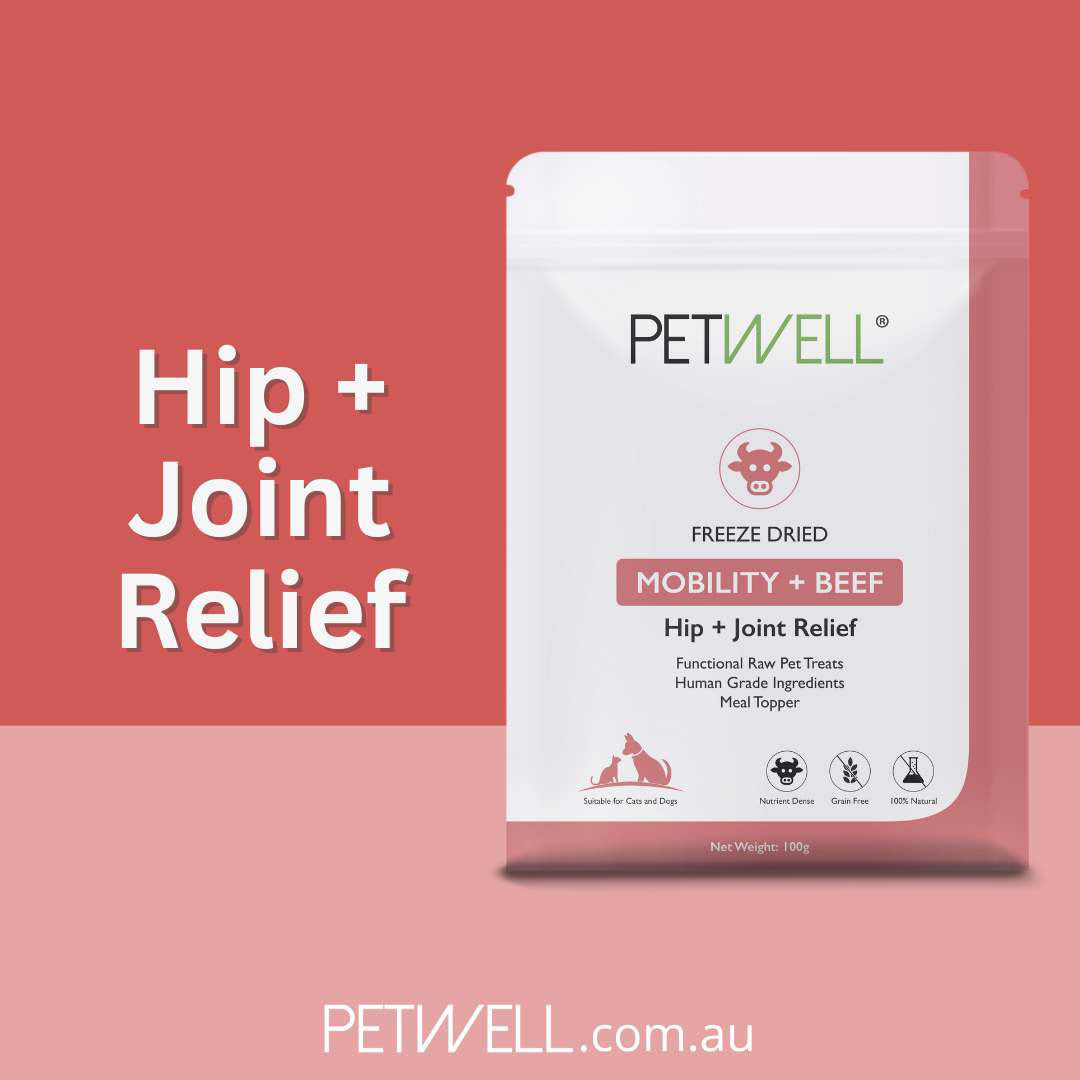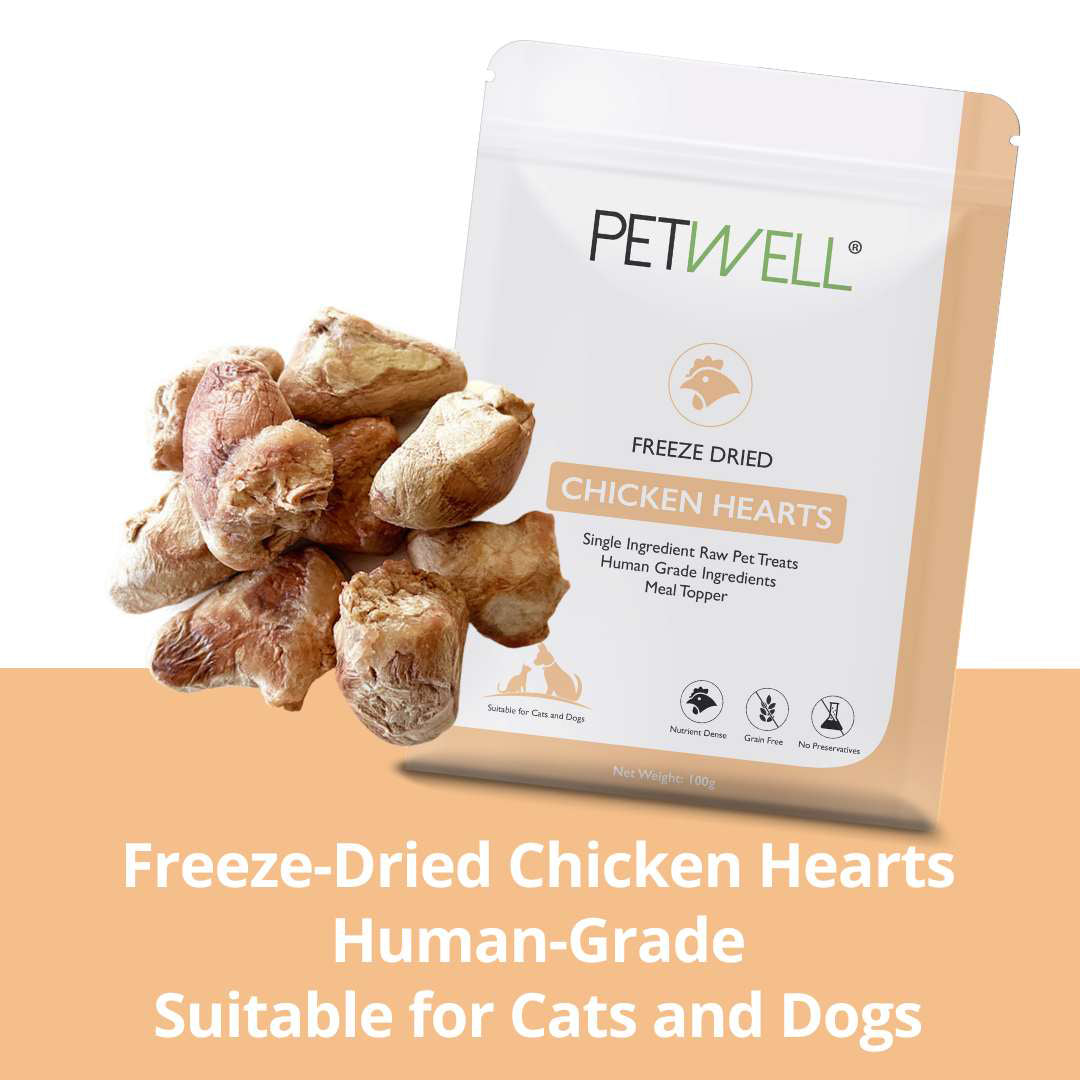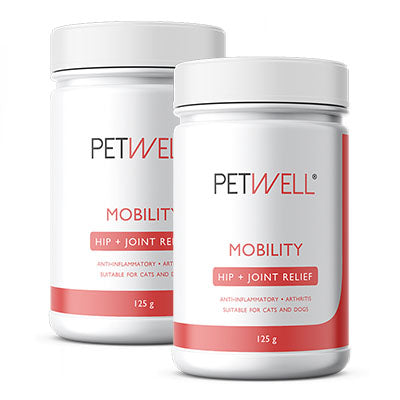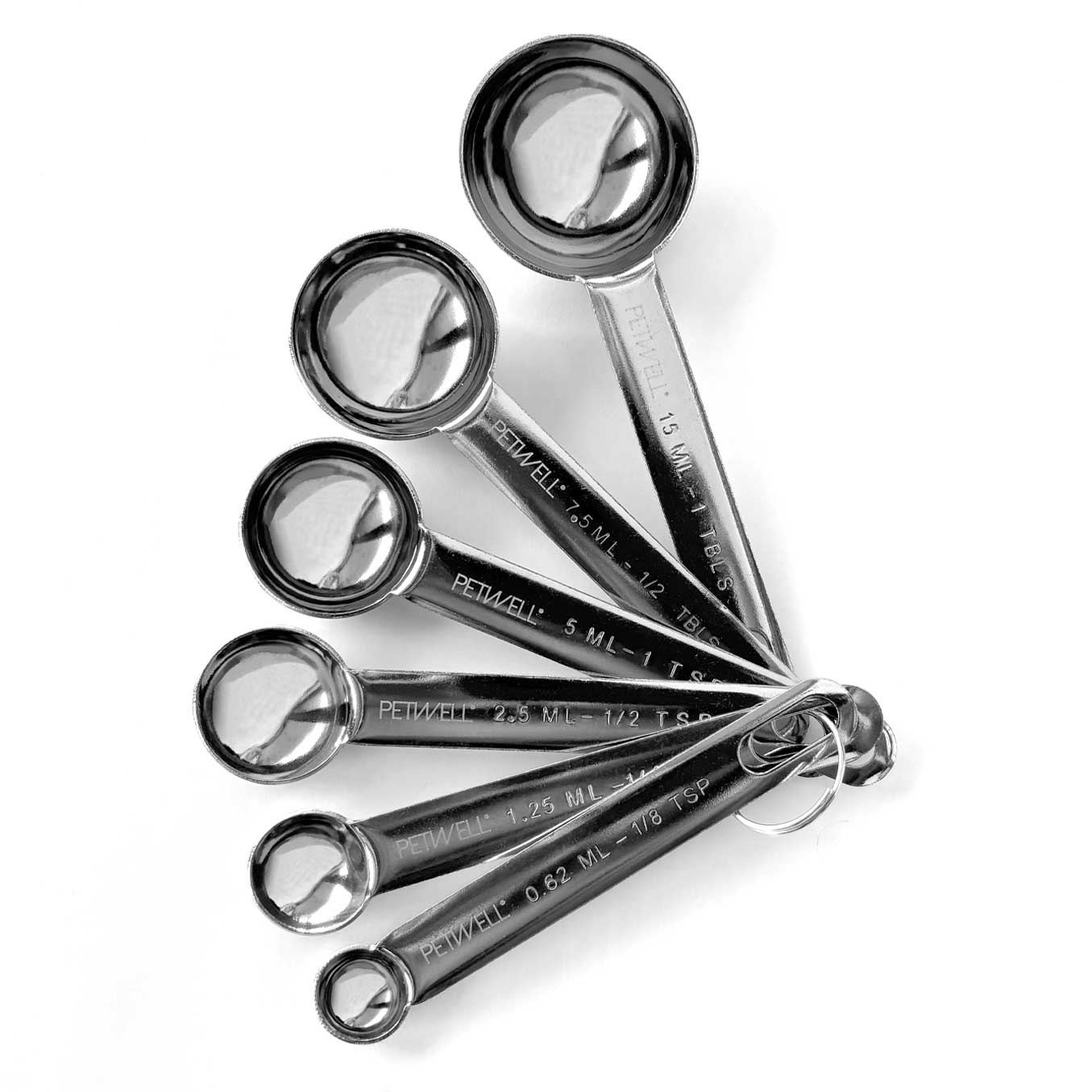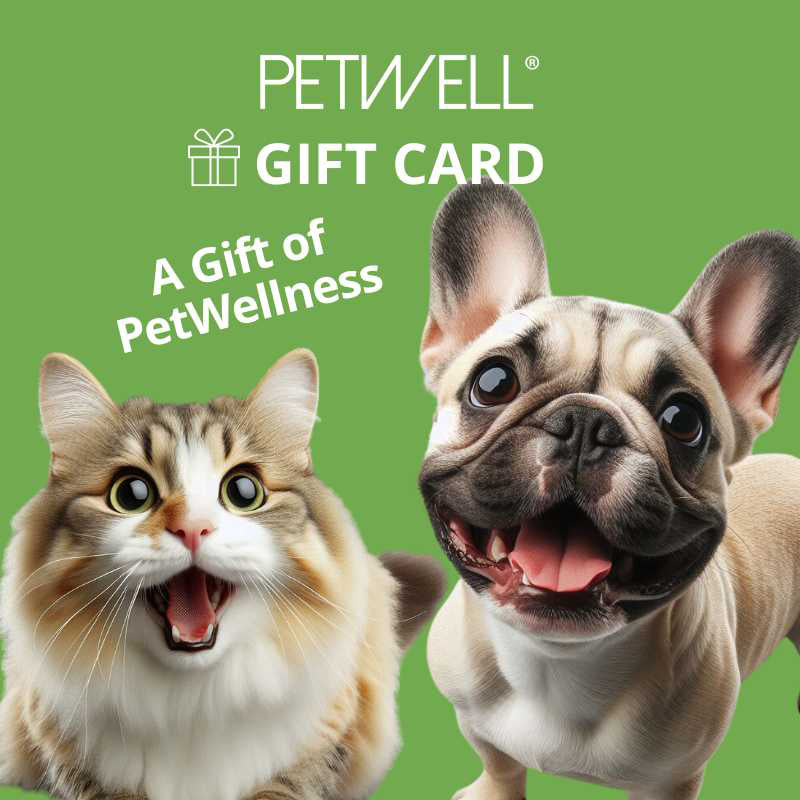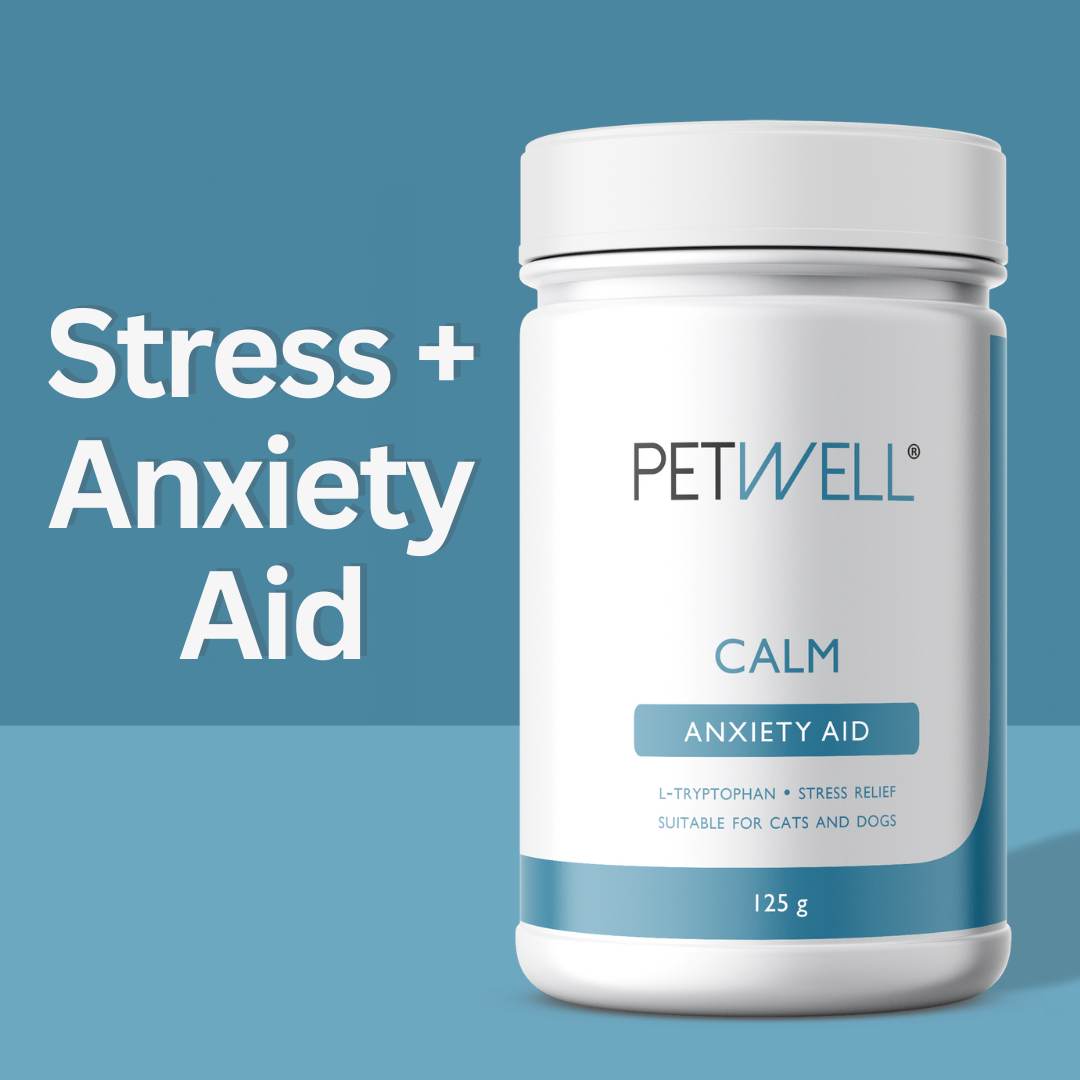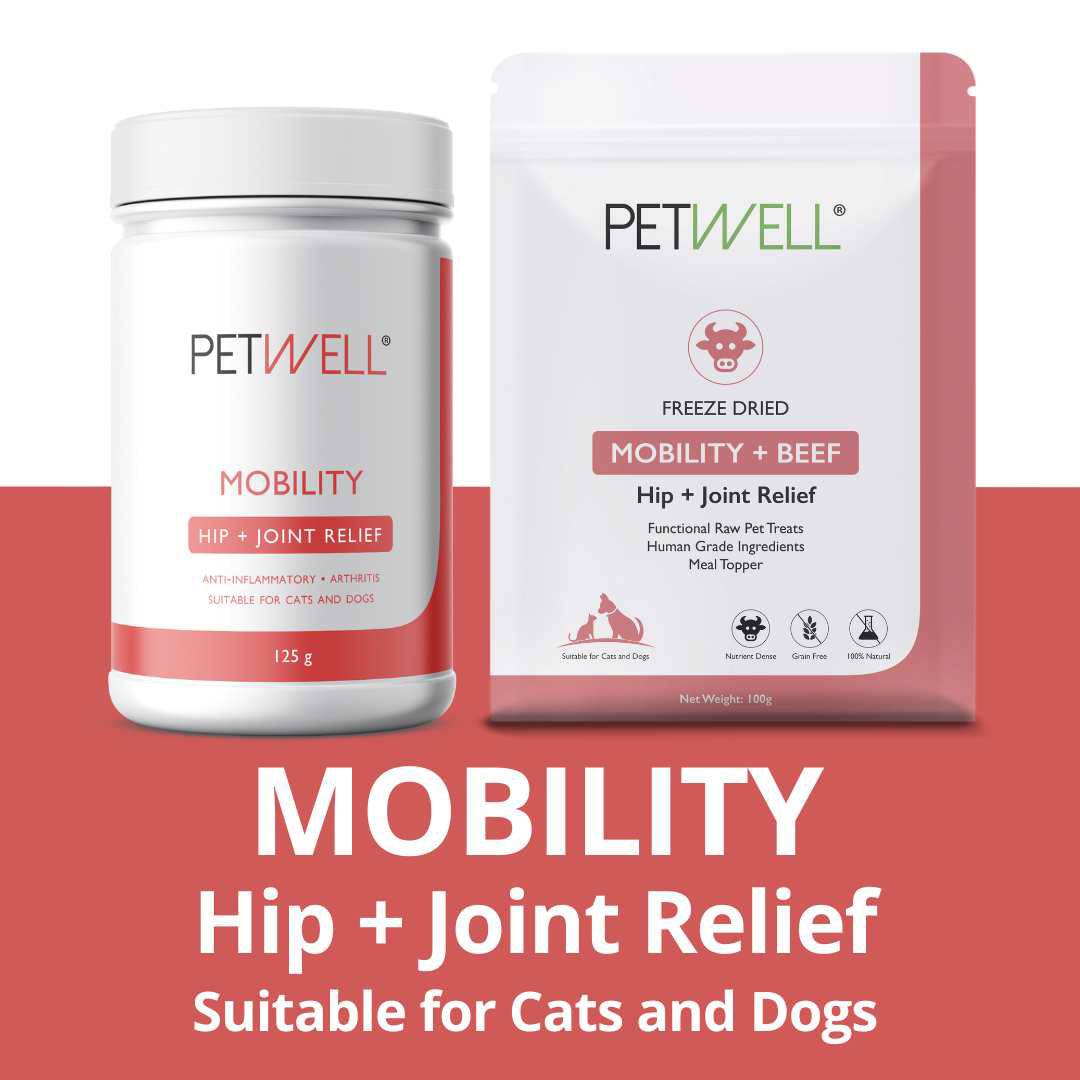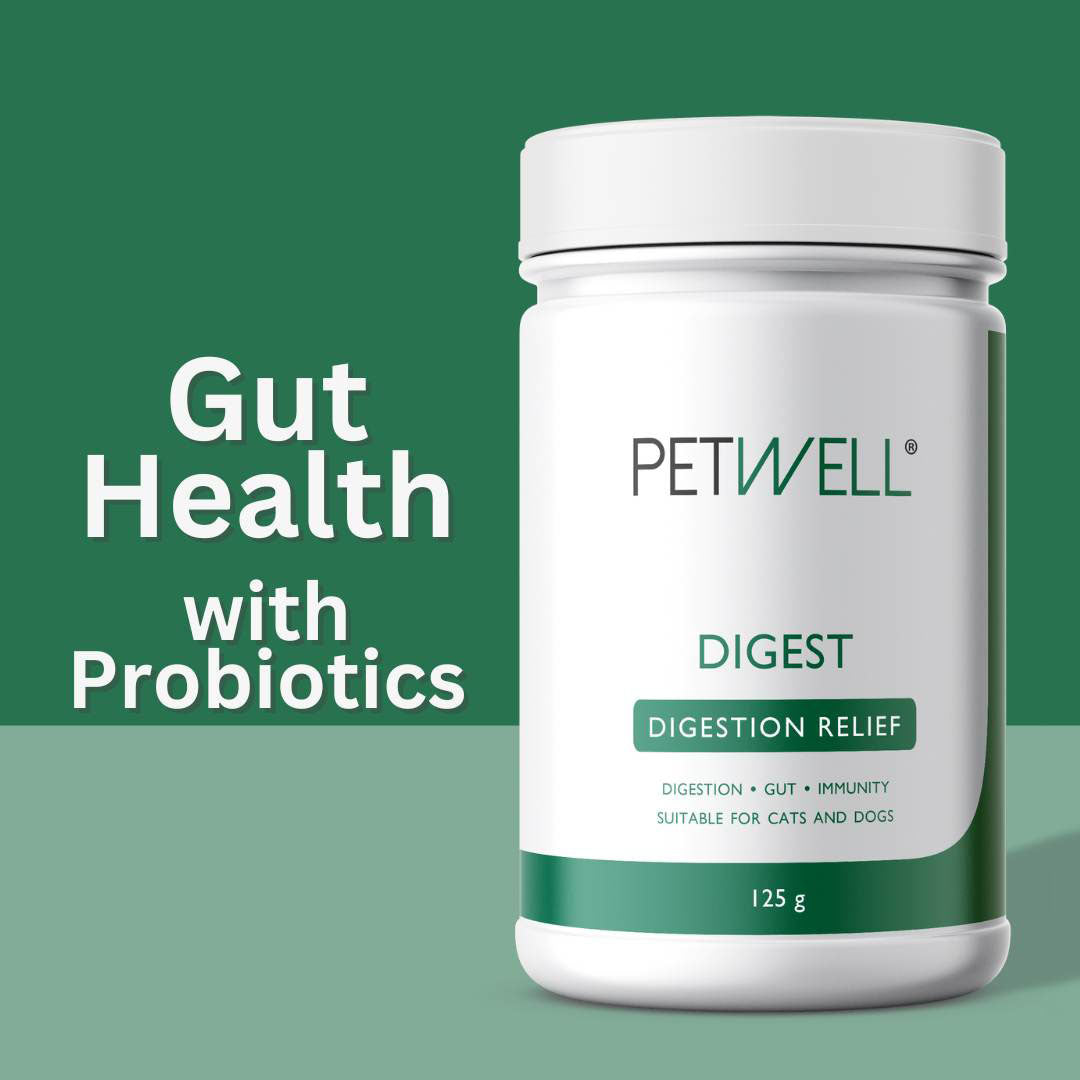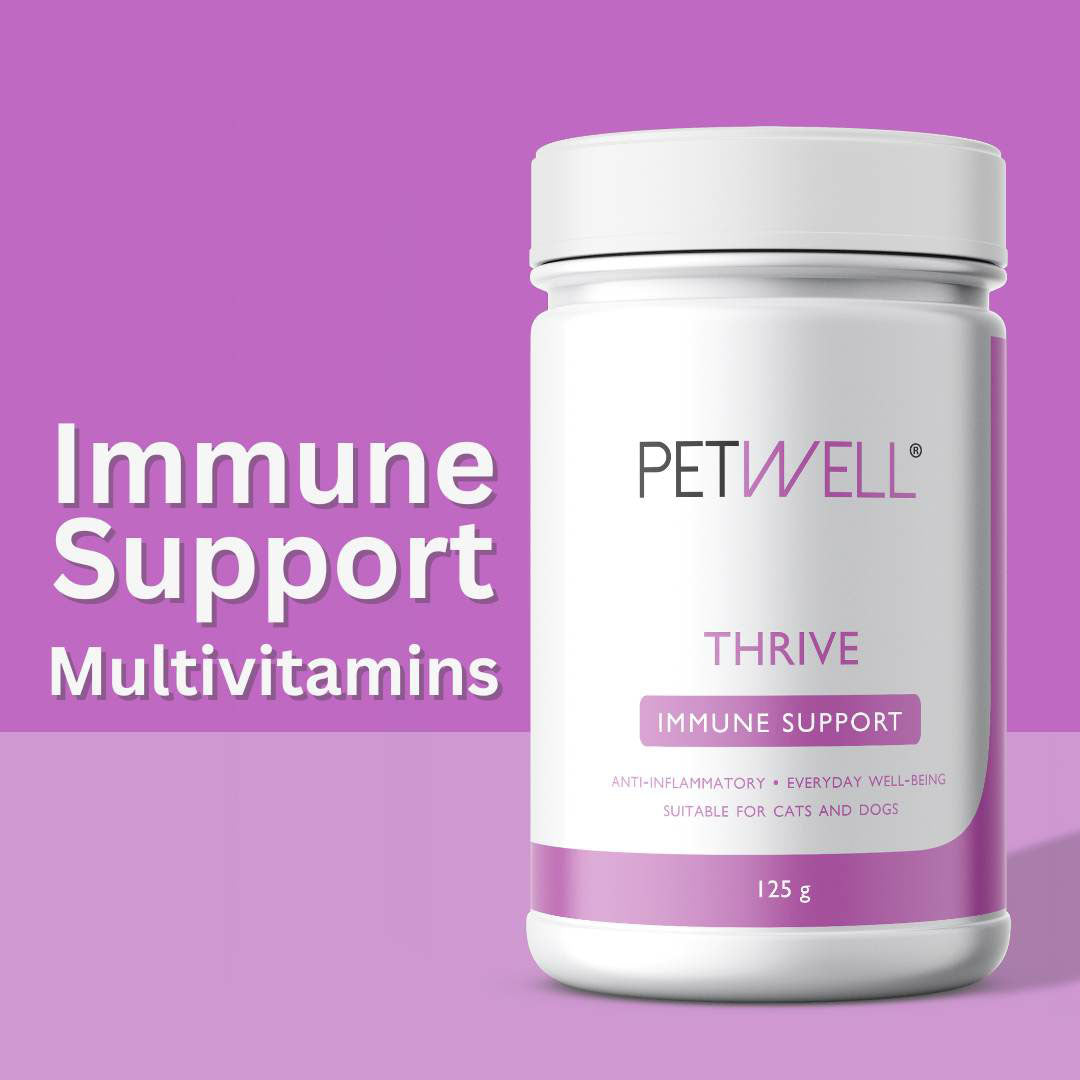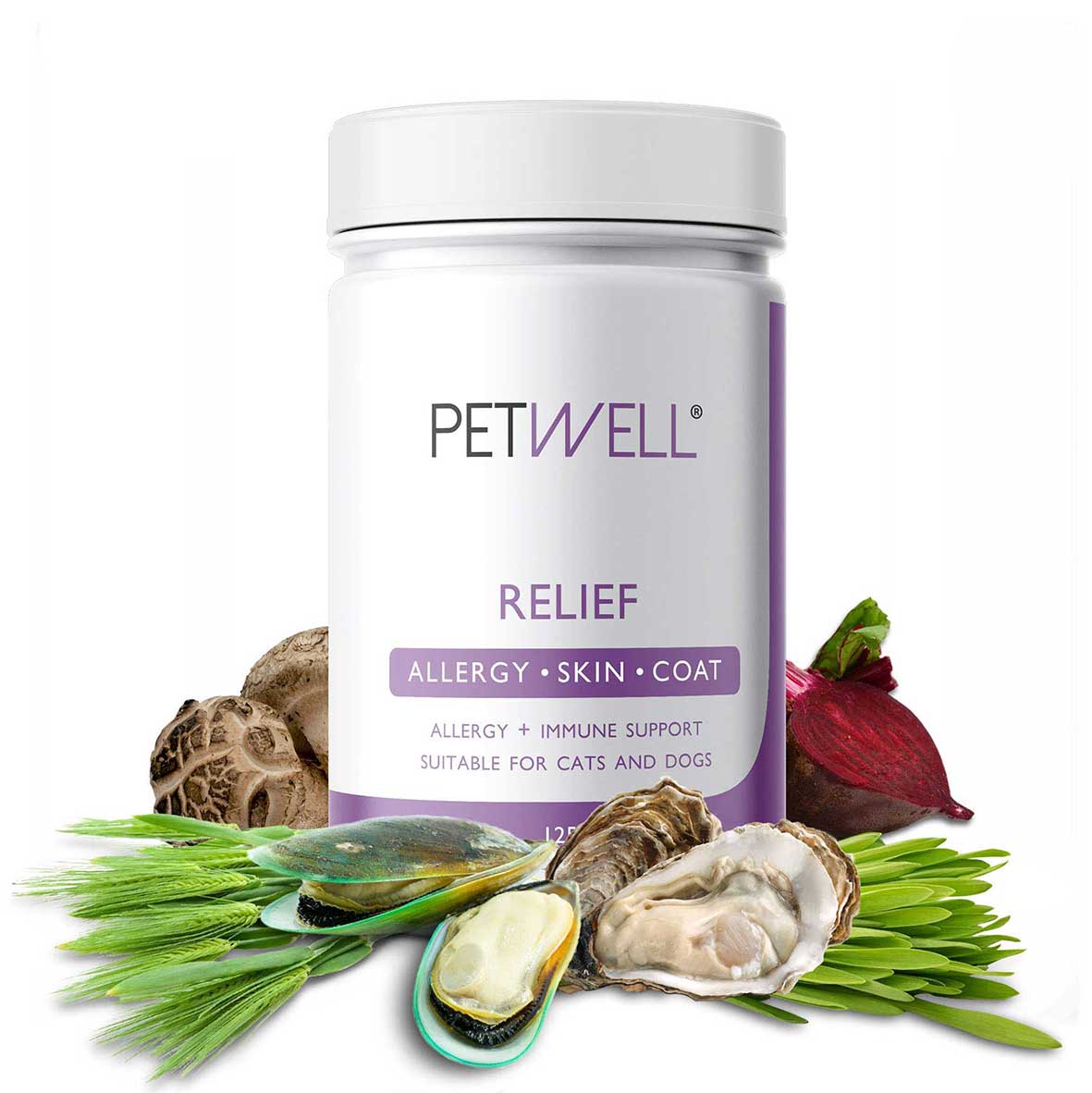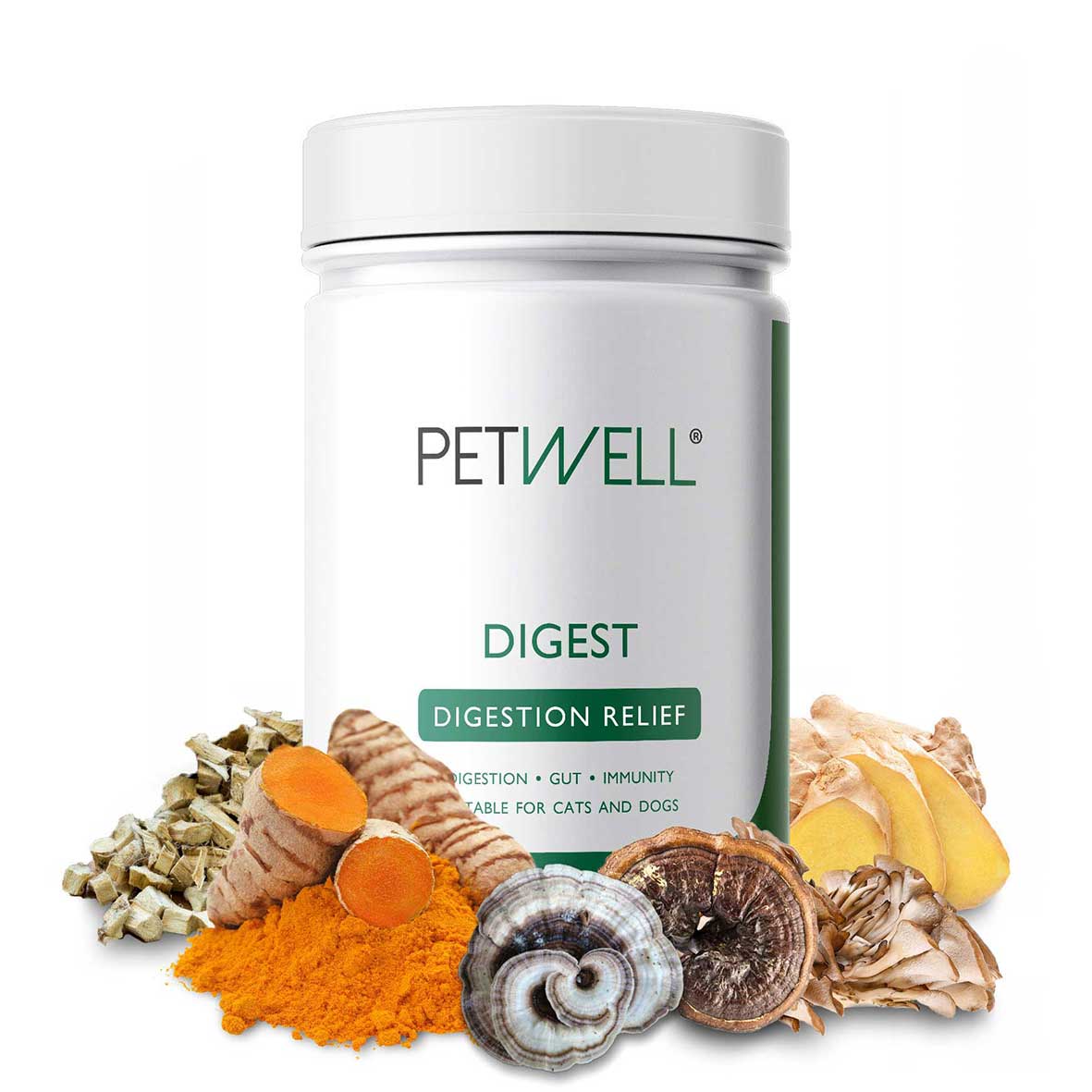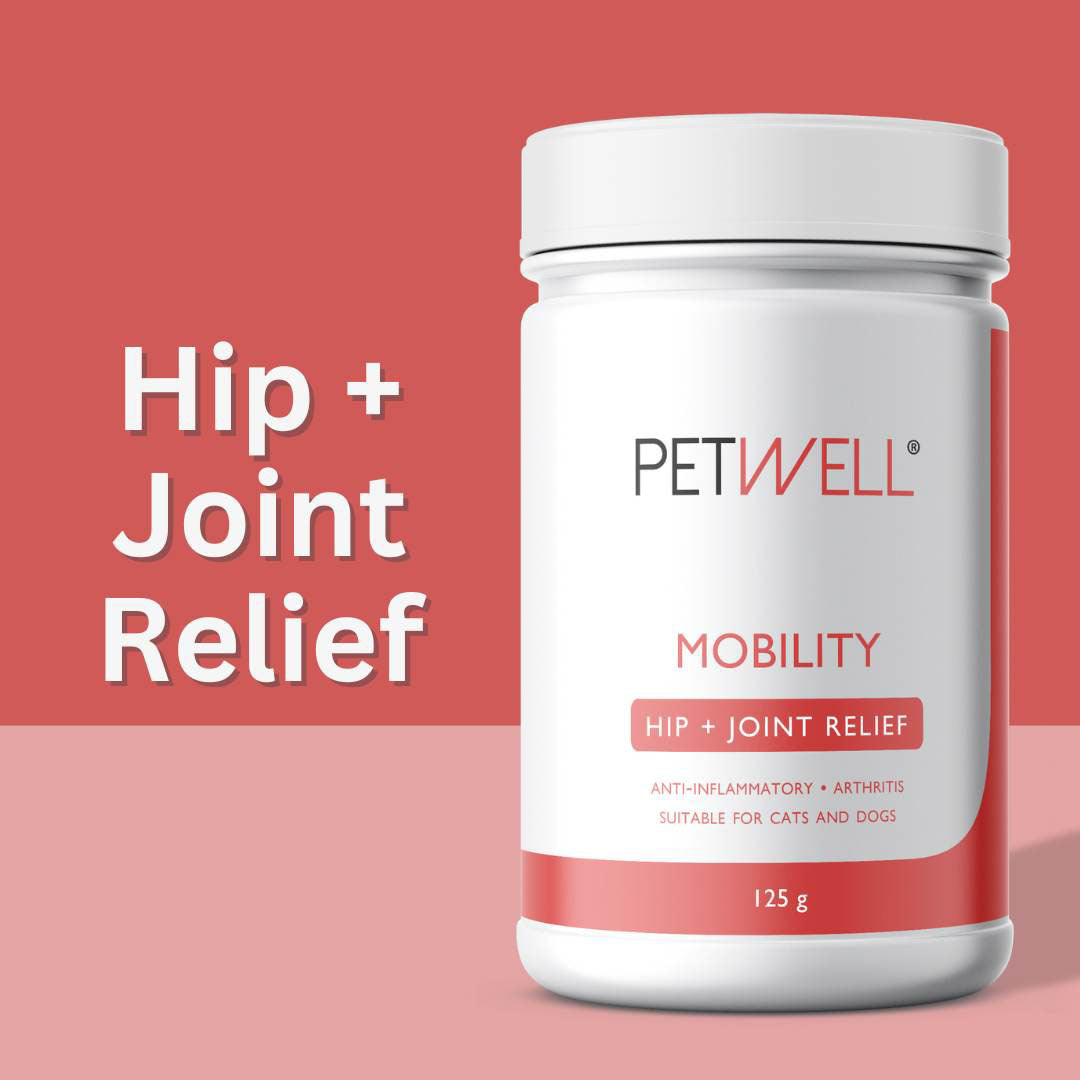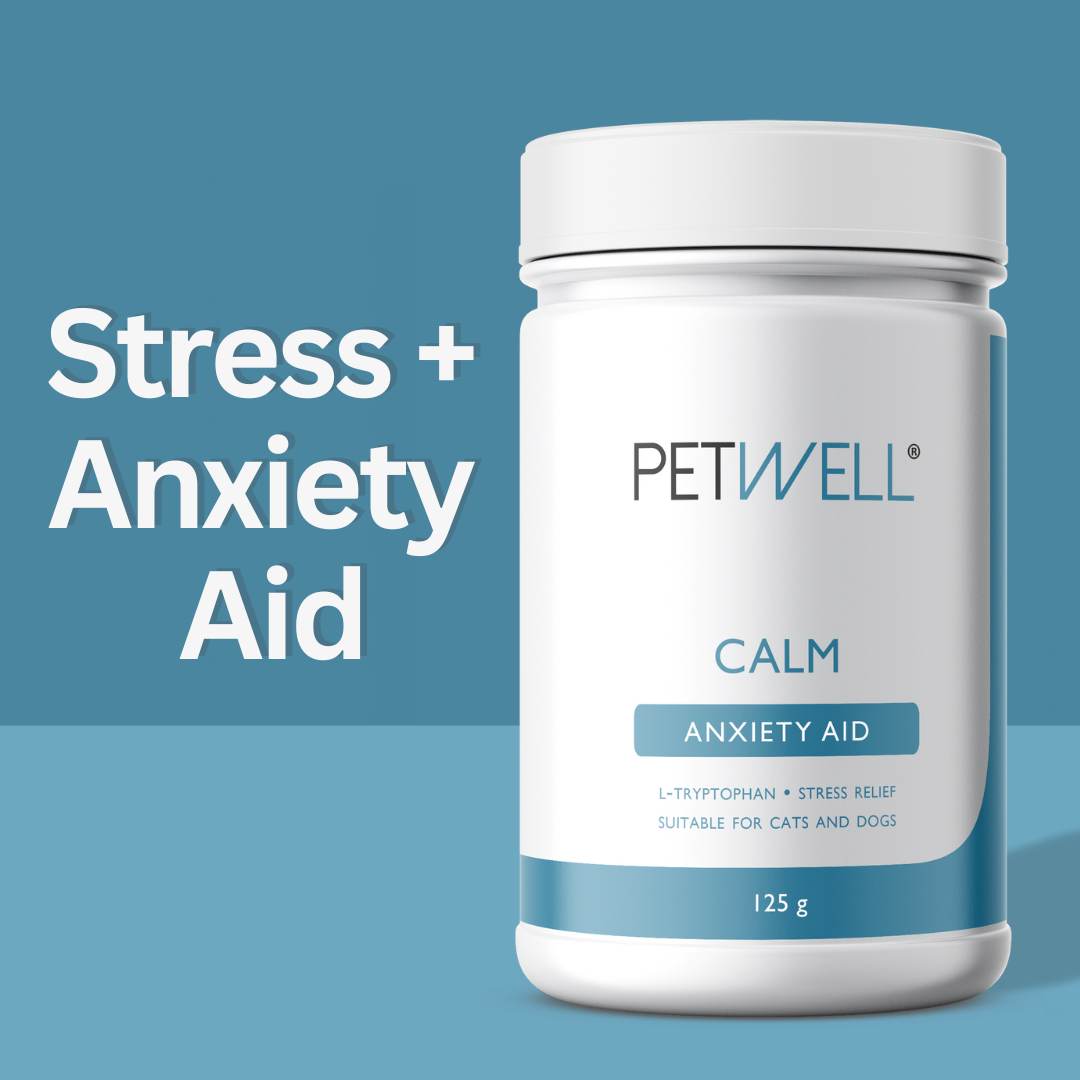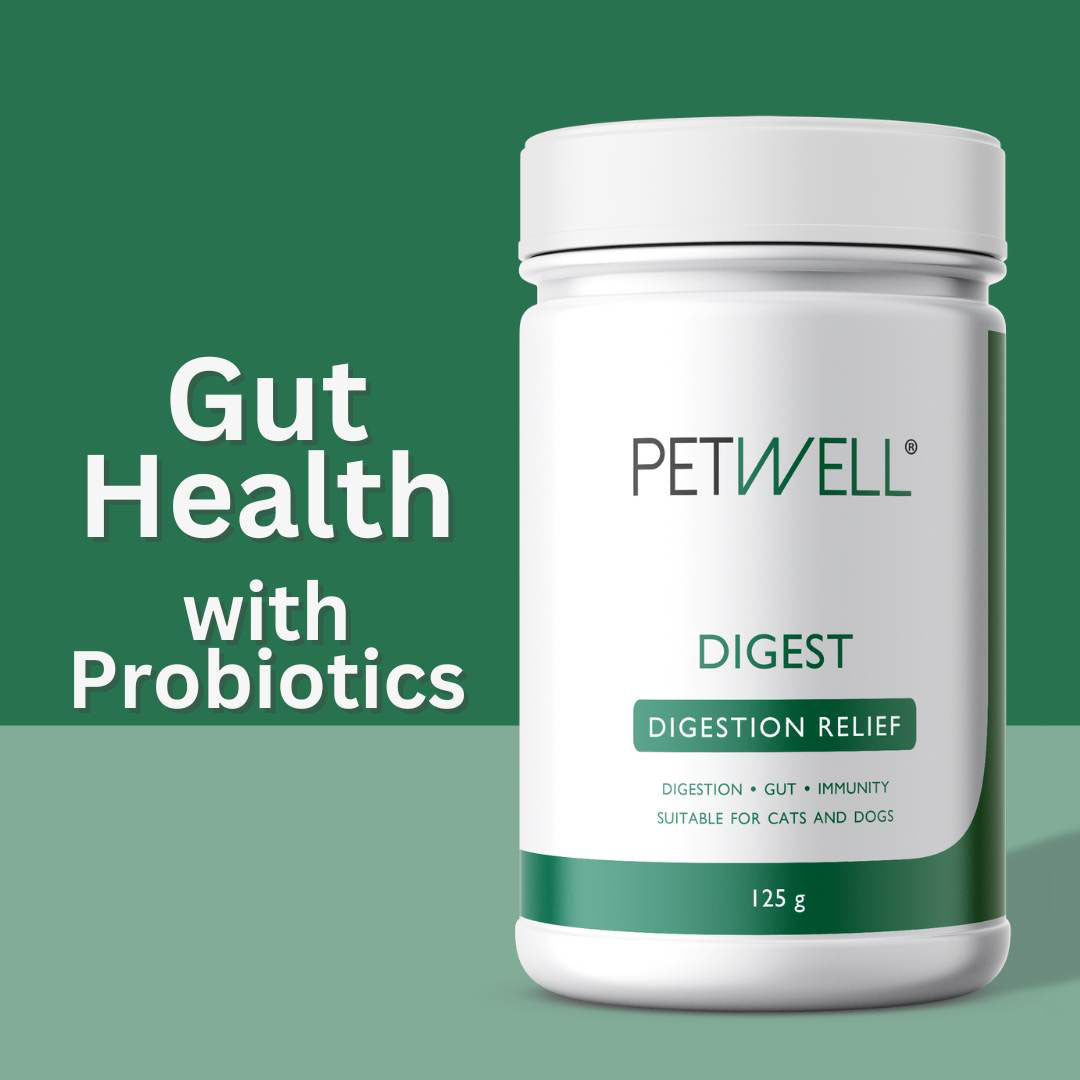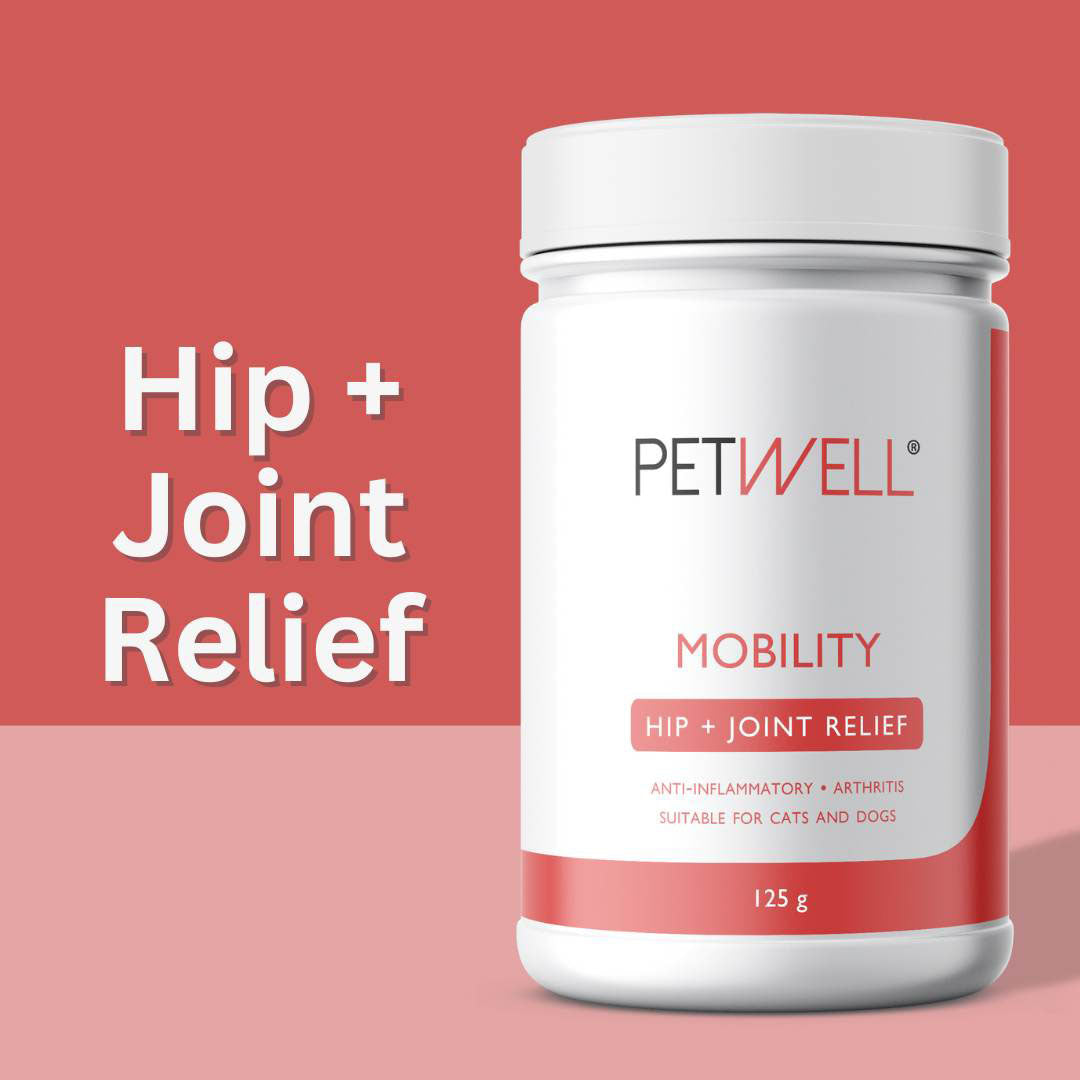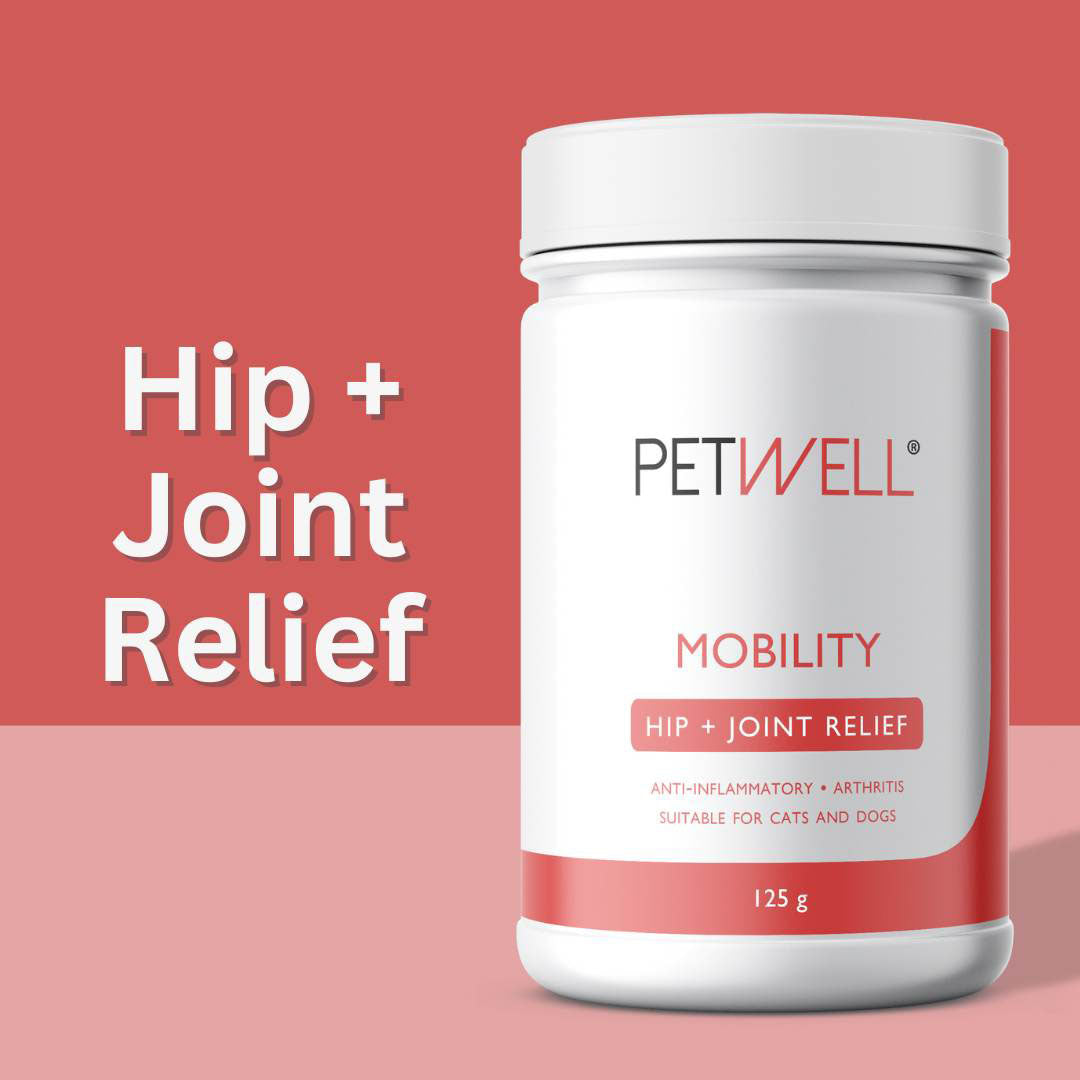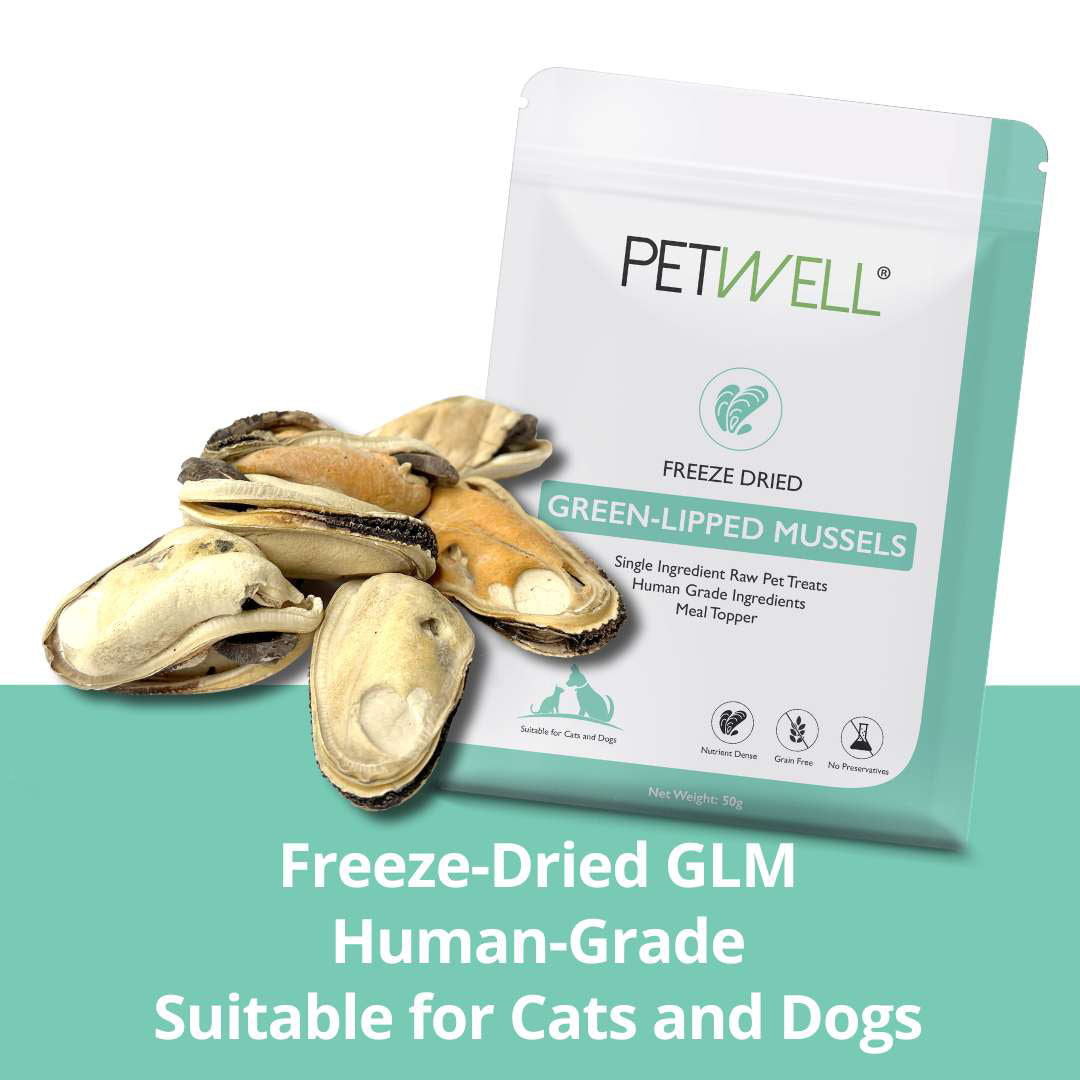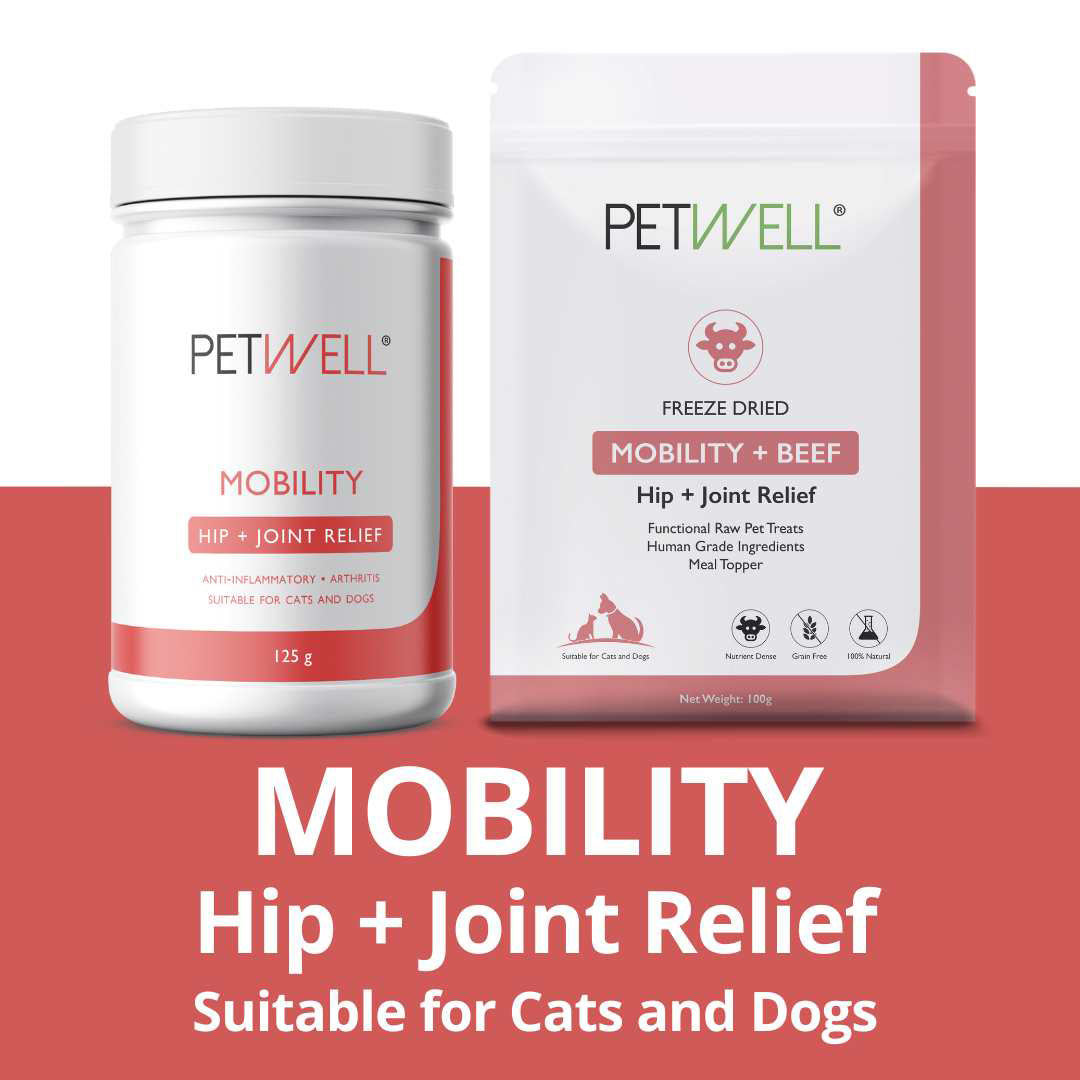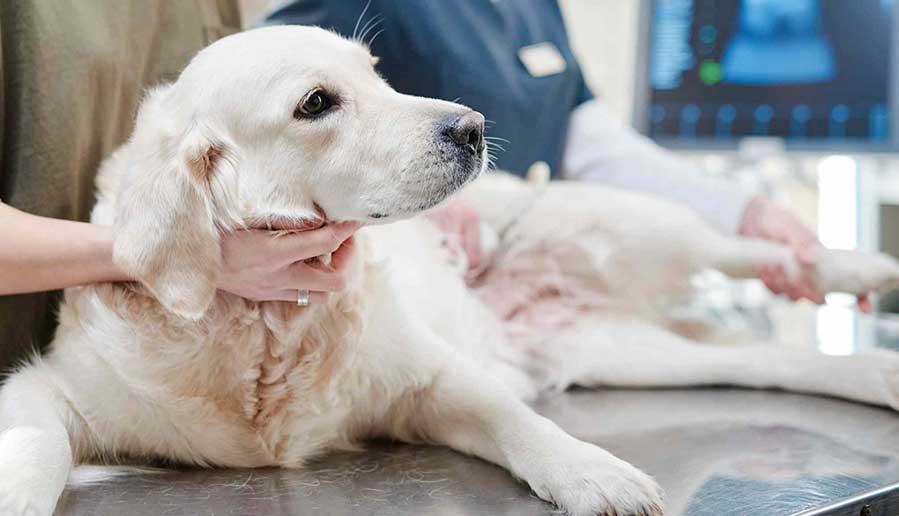Cancer is a scary word, and when it comes to our fur family, it's something no pet parent wants to face. Unfortunately, 1 in 4 dogs will develop cancer in their lifetime, and for those over 10 years old, that risk increases to nearly 50%.
While that statistic can feel overwhelming, the good news is that with early detection, the right nutrition, and a proactive approach to keeping your PetWell, we can help support our dogs' health and longevity.
How Common is Cancer in Dogs?
Canine cancer is one of the leading causes of death in older dogs, but it’s not just senior pets at risk. Some breeds have a higher genetic predisposition to developing certain cancers.
Golden Retrievers, Boxers, and Rottweilers are among those most commonly affected, with Goldens being particularly prone to lymphoma and hemangiosarcoma, and Rottweilers more likely to develop osteosarcoma (bone cancer).
The key to managing cancer risk is early detection and strengthening the immune system to help the body fight disease naturally.
It's estimated that 1 in 4 dogs will develop cancer during their lifetime.
Common Types of Cancer in Dogs
Just like in humans, cancer in dogs comes in many forms. The most frequently diagnosed include:
- Lymphoma – Affects the immune system and often presents as swollen lymph nodes.
- Mast Cell Tumors – A common form of skin cancer that can vary in severity.
- Osteosarcoma – A painful bone cancer most common in large breeds.
- Hemangiosarcoma – An aggressive cancer affecting the blood vessels, often targeting the spleen or heart.
Being aware of early warning signs, such as unexplained lumps, sudden weight loss, lethargy, or changes in appetite, can make all the difference in getting timely treatment.
How to Reduce Your Dog’s Cancer Risk

While some cancers are genetic, there are steps you can take to help reduce risk and support your dog’s overall health:
1. Strengthen Their Immune System
A strong immune system is your dog's best defence against illness. A diet rich in antioxidants, vitamins, and omega fatty acids helps combat inflammation, which has been linked to cancer development.
Read more on 10 Anti-Inflammatory Foods for Your Pet
2. Provide a Nutrient-Rich Diet
Processed foods and artificial additives may contribute to inflammation and oxidative stress. Switching to a high-quality, species-appropriate diet with real proteins and essential nutrients can help your dog stay healthier longer.
Read more about 10 Cancer-Fighting Foods for Dogs
If your dog has digestive sensitivities, gut health is essential for immune support. PetWell DIGEST supplement is designed to promote gut health, ensuring your dog absorbs all the vital nutrients they need to elevate their immune system.
3. Reduce Toxin Exposure
Household chemicals, pesticides, and even some pet shampoos contain ingredients that may increase cancer risk. Opt for natural, pet-safe cleaning products, and check ingredient labels on your dog’s food and treats as artificial additives can cause health issues.
4. Maintain an Active Lifestyle
Exercise isn’t just for keeping your dog fit—it also supports immune function and reduces stress, which plays a role in overall health. Mental stimulation is just as important, so keep their mind engaged with puzzle toys, scent work, and training exercises. Read more about Dog Exercise Benefits: Tips for a Healthier, Happier Pet
5. Support Skin & Coat Health
Since skin tumours are one of the most common forms of canine cancer, maintaining skin health is crucial. Dogs prone to allergies and skin conditions may have chronic inflammation, which can increase cancer risks.
PetWell RELIEF supplement is specially formulated to reduce inflammation, support skin health, and promote a glossy coat, making it an excellent choice for dogs with allergies or sensitivities.
6. Regular Vet Checkups & Early Detection
Routine vet visits can help catch cancer early, when treatment options are more effective. If you ever notice persistent lumps, sores that don’t heal, sudden weight loss, or unusual behaviour, it's always best to consult your vet as soon as possible.
Final Thoughts
A cancer diagnosis is never easy, but knowledge is power. By focusing on early detection, proper nutrition, immune support, and toxin reduction, you can help your dog live a longer, healthier life.
At PetWell, we believe proactive pet care is the key to keeping your PetWell, offering high-quality supplements designed to support your dog’s immune system, gut health, and overall wellness. Because when we take the right steps today, we give our pets the best chance at a healthy tomorrow.
Read more about 10 Anti-Inflammatory Foods for Your Pet
The Science Behind It
Don’t just take our word for it, here are some evidence-based studies for you to review.
Estimating Canine Cancer Incidence
Genomic sequencing study of canine cancers reveals striking similarities to human cancers
Disclaimer: The entire contents of PetWell emails and website are not to be taken as medical advice. The team at Pet Squad Pty Ltd trading as PetWell encourages you to make your own pet healthcare decisions based on your research and in partnership with a qualified pet healthcare professional.
